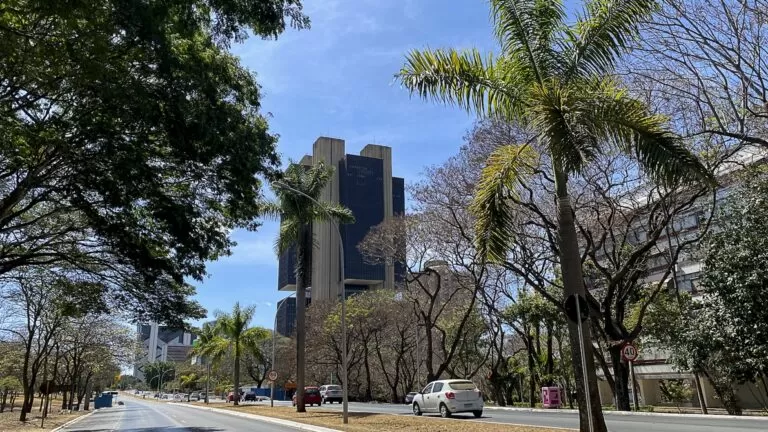The newly appointed central banker, Gabriel Galípolo, has a daunting task ahead of him. Nominated by former Brazilian President Lula, Galípolo has been tasked with reviving the struggling economy and protecting it from the volatility of foreign investors. As the new head of the Central Bank of Brazil, Galípolo’s decisions will have a significant impact on the country’s future.
Brazil, once hailed as one of the fastest-growing economies in the world, has been facing a series of economic challenges in recent years. The country’s GDP growth has slowed down, inflation has risen, and the currency has been devalued. These issues have been exacerbated by the COVID-19 pandemic, which has further weakened the economy and left many Brazilians struggling.
In this critical time, the appointment of Galípolo as the central banker brings hope for a brighter future. With over 20 years of experience in the financial sector, including serving as the chief economist at one of Brazil’s largest banks, Galípolo is well-equipped to take on this challenging role. His expertise and knowledge of the Brazilian economy make him the ideal candidate to lead the country’s monetary policies.
One of Galípolo’s primary tasks will be to revive the economy and put it back on the path of growth. To achieve this, he will need to work closely with the government and other financial institutions to implement effective policies. This will require a delicate balance between stimulating economic growth and controlling inflation. Galípolo’s experience in managing monetary policies and his understanding of the Brazilian economy will be crucial in achieving this balance.
Another crucial aspect of Galípolo’s role will be to protect the Brazilian economy from the volatility of foreign investors. Brazil has been a popular destination for foreign investment due to its vast natural resources and potential for growth. However, this has also made the country vulnerable to sudden shifts in investor sentiment. Galípolo will need to carefully monitor and manage the inflow and outflow of foreign capital to ensure stability in the economy.
Moreover, Galípolo will also have to navigate the challenges posed by the current global economic climate. With the ongoing trade tensions between major economies and the uncertainty caused by the pandemic, the global economy is facing a period of instability. In such a scenario, Galípolo’s leadership and decision-making skills will be crucial in safeguarding the Brazilian economy.
Galípolo’s appointment has been met with positive reactions from both domestic and international markets. His reputation as a competent and experienced economist has instilled confidence in investors and financial institutions. This has been reflected in the recent increase in the value of the Brazilian currency and the stock market.
In addition to his professional qualifications, Galípolo’s appointment also carries significant political weight. As a nominee of former President Lula, Galípolo is seen as a symbol of continuity and stability in the Brazilian government. This has helped ease concerns about potential policy changes and has further boosted investor confidence.
In conclusion, the future of Brazil’s economy rests on the shoulders of Gabriel Galípolo. His appointment as the central banker brings hope for a brighter future for the country. With his expertise, experience, and political backing, Galípolo is well-positioned to revive the economy and protect it from external shocks. As the world watches, all eyes will be on Galípolo as he takes on this critical role and works towards a stronger and more prosperous Brazil.
